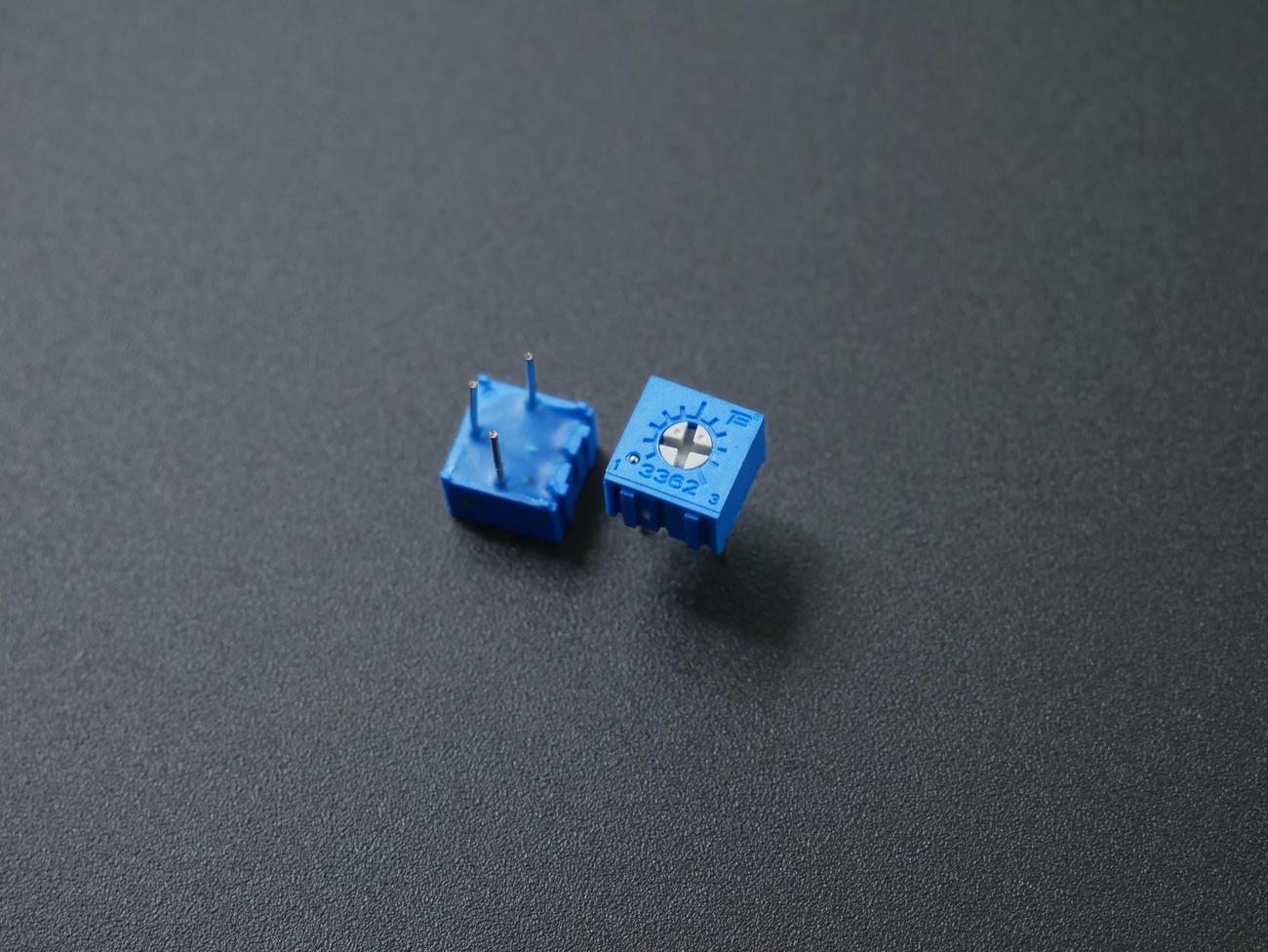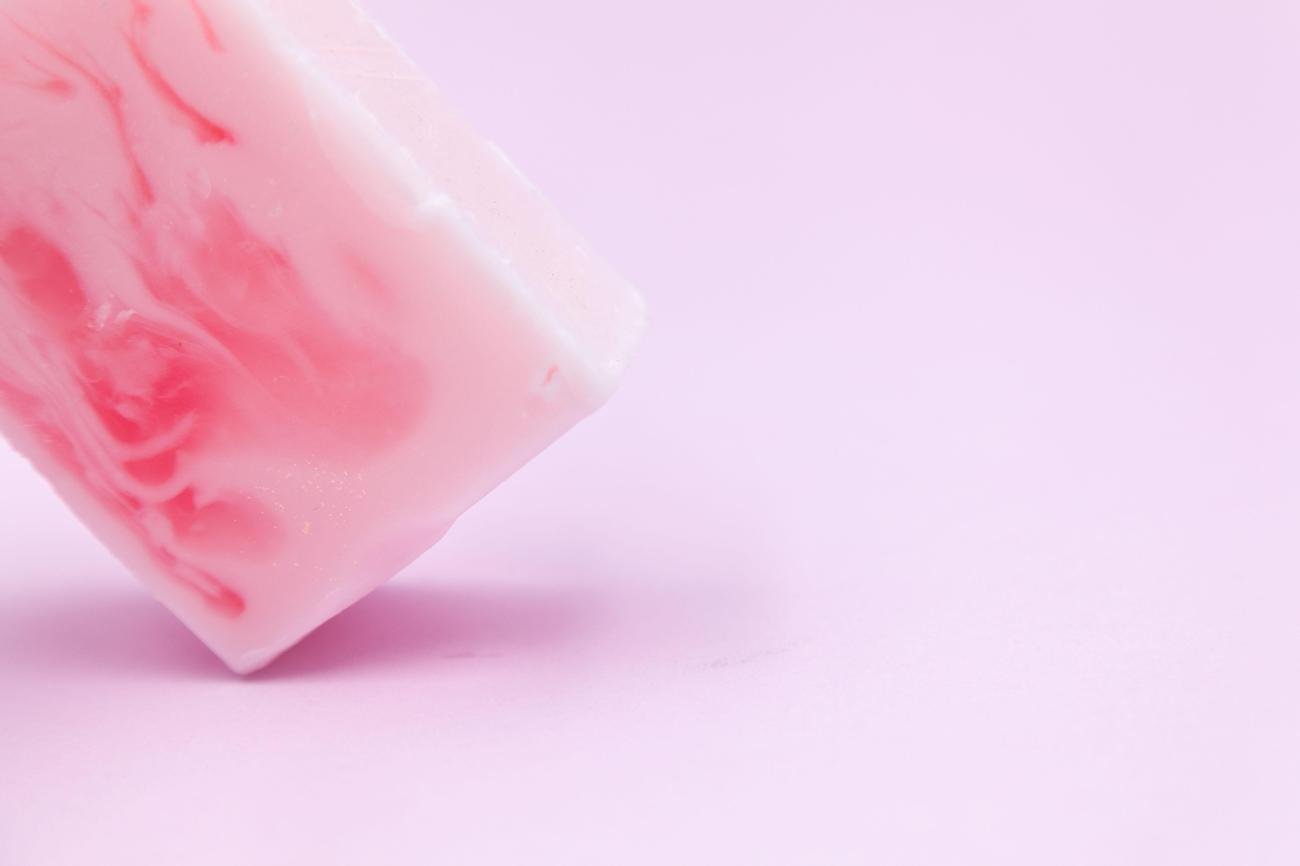Are you curious about the fascinating journey of soap, from its ancient beginnings to the essential product we use today? Join me, a seasoned historian and writer specializing in ancient civilizations, as we embark on a historical exploration of the ancient origins of soap. Through my extensive research in archaeology and passion for cultural practices, I have uncovered captivating narratives of how early civilizations crafted and utilized soap for cleansing and purification. Get ready to delve into the diverse techniques and ingredients our ancestors employed to keep their bodies clean and pristine. Let’s unearth the mesmerizing history of soap together!

Historical Origins of Soap
When we think of soap, it’s easy to associate it with modern cleanliness. But have you ever wondered about the historical origins of soap? How did our ancestors discover the art of cleansing? Let’s embark on a fascinating journey through time, unearthing the ancient development of this essential product.
The Birth of Soap: From Ashes and Fat
Soap’s story begins in the realm of cooking fires and enchanting aromas. It’s believed that soap emerged as a by-product when our ancestors cooked meat over an open flame. As the fat from the meat dripped into the ashes, a curious reaction occurred, creating a slippery substance. Little did they know that this accidental chemical reaction would pave the way for centuries of cleanliness.
“Soap likely originated as a by-product of cooking meat over a fire, where fat would drip into ashes and create a slippery substance.”
Mesopotamian Marvels: The Babylonian Soaps
Ancient Babylon, a cradle of civilization, also holds significance in the historical origins of soap. Around 2800 BC, the Babylonians left us the first concrete evidence of soap-like substances. Clay tablets, serving as a treasure trove of knowledge, unveil their soap recipes and techniques. From mixing water, alkali, and cassia oil to boiling them together, the Babylonians were masters of soapmaking, emphasizing cleanliness even in the ancient world.
“The first concrete evidence of soap-like substances dates back to around 2800 BC with the Babylonians. The earliest known written soap recipe was found on clay tablets and is credited to the Babylonians.”
The Serendipitous “Sapo” and Beyond
With the rise of ancient Rome, soap crossed paths with the Latin language and became eternally ingrained in our historical tapestry. The famous Roman naturalist, Pliny the Elder, introduced the word “sapo” in his esteemed work “Natural History” around 77 AD. Derived from “sapo”, the soap-making process soon surpassed utilitarian usage and became an art form, allowing individuals to luxuriate in the finest suds.
“The word “sapo,” Latin for soap, first appeared in Pliny the Elder’s “Natural History” around 77 AD.”
The Scented Soaps of Modern Times
As centuries unfolded, soapmaking witnessed an evolution mirroring the changing tides of civilization. In the late 19th century, a wave of innovation swept across the United States with the introduction of perfumed toilet soaps. Companies like P&G introduced iconic products such as Ivory soap in 1879, followed by the palm-and-olive-oil-based Palmolive soap from the B.J. Johnson Soap Company of Milwaukee.
“P&G introduced Ivory soap in 1879, one of the first perfumed toilet soaps in the US. The B.J. Johnson Soap Company of Milwaukee followed with their own palm-and-olive-oil-based Palmolive soap.”
A Soapy Reflection: From Past to Present
Soapmaking continues to thrive in our modern era, adapting to diverse cultural preferences and needs. The significance of soap reaches far beyond mere hygiene, especially when considering today’s ever-present concern for cleanliness in the context of the COVID-19 pandemic. It stretches back through time, connecting us with our ancestors’ quest for purity and well-being.
“Soapmaking has evolved over time, with different ingredients and scents being used. Soap plays an essential role in hygiene and cleanliness, especially in the context of the COVID-19 pandemic.”
As we delve into the historical origins of soap, we discover how an accidental encounter with fire, ashes, and fat blossomed into a cornerstone of human civilization. It’s a testament to our never-ending pursuit of cleanliness, health, and well-being. So the next time you indulge in the soothing embrace of foamy suds, take a moment to savor the rich history that has brought this humble yet remarkable creation into your hands.
Soap has been a crucial part of our lives for centuries, but have you ever wondered how it was invented? The fascinating history of soap can be traced back to ancient civilizations. If you’re curious to learn about the origins of soap and the ingenuity behind its creation, check out our informative article on “How Was Soap Invented”. Click here to discover the captivating story and immerse yourself in the world of soap innovation: How Was Soap Invented.

FAQ
Q: What is the likely origin of soap?
A: Soap likely originated as a by-product of cooking meat over a fire, where fat would drip into ashes and create a slippery substance.
Q: When is the first evidence of soap-like substances found?
A: The first concrete evidence of soap-like substances dates back to around 2800 BC with the Babylonians.
Q: When did the word “sapo” first appear and which ancient text mentions it?
A: The word “sapo,” Latin for soap, first appeared in Pliny the Elder’s “Natural History” around 77 AD.
Q: Who is credited with the earliest known written soap recipe?
A: The Babylonians are credited with the earliest known written soap recipe, which was found on clay tablets.
Q: How has soapmaking evolved over time?
A: Soapmaking has evolved over time, with different ingredients and scents being used to create soap.
- Unlock Water’s Symbolism: A Cross-Cultural Exploration - April 20, 2025
- Identify Black and White Snakes: Venomous or Harmless? - April 20, 2025
- Unlocking Potential: Origins High School’s NYC Story - April 20, 2025















